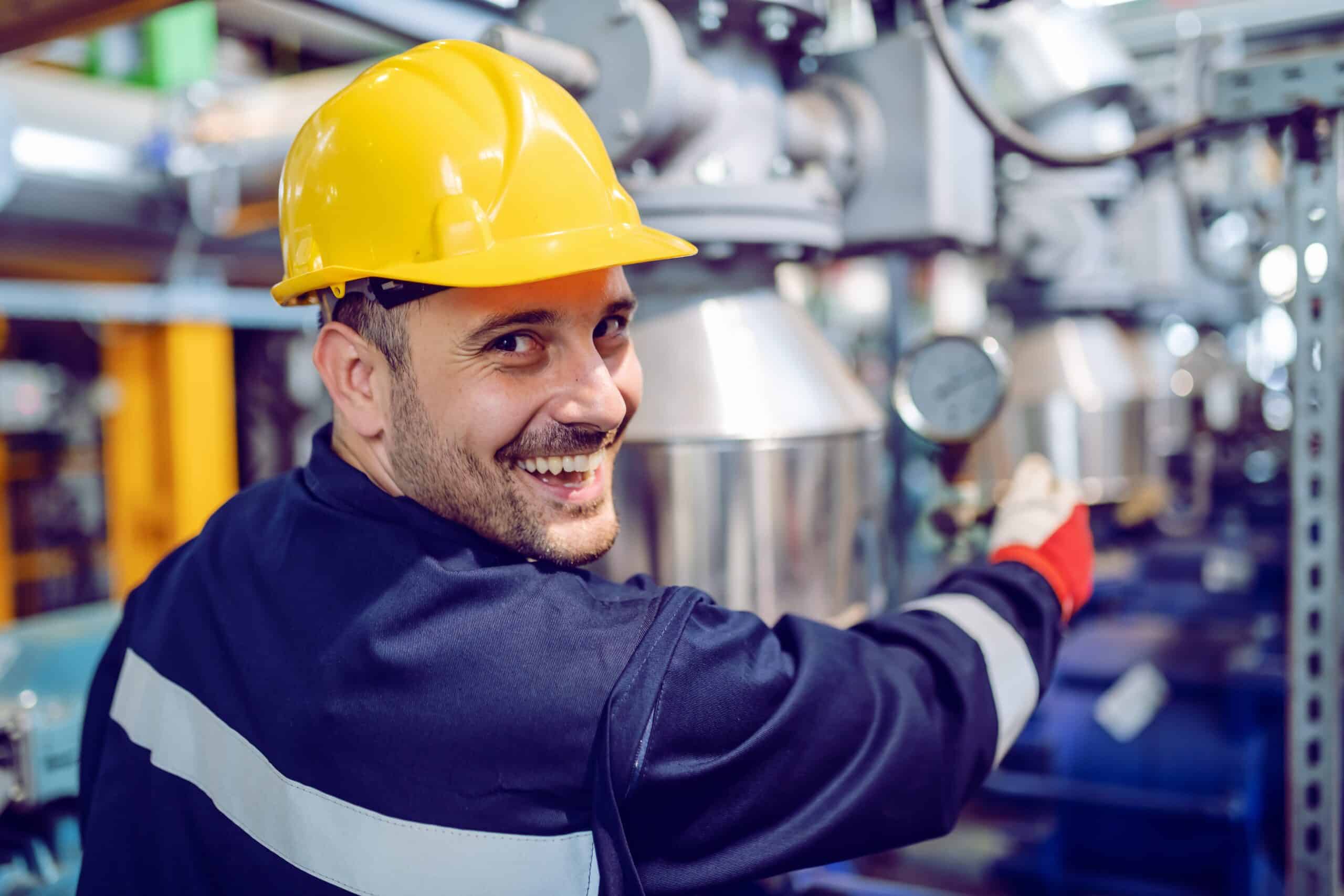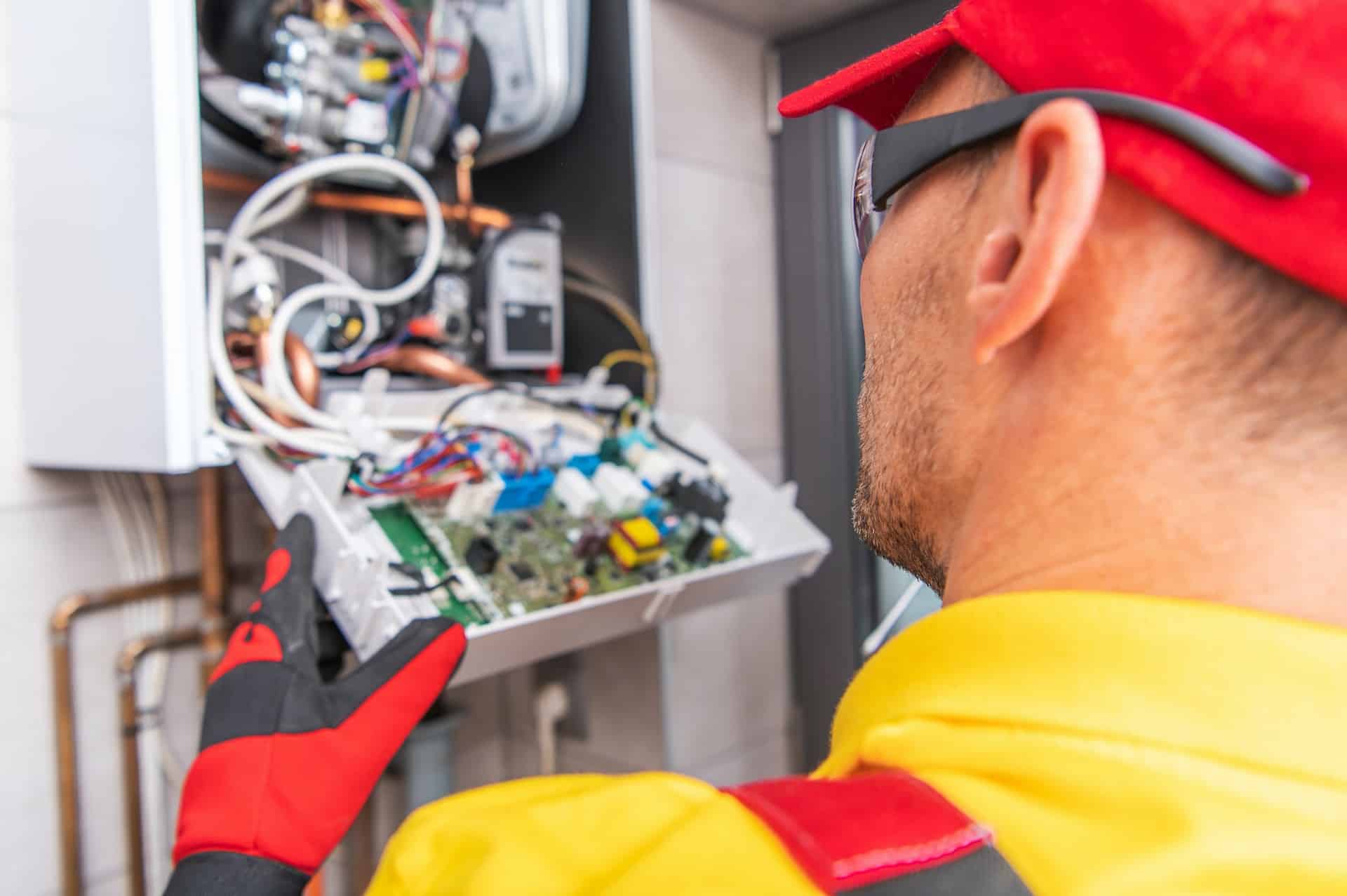For many homeowners, installing a new heating system is a daunting task. But with the help of a qualified HVAC technician, installing a furnace or heat pump can be a relatively easy and stress-free process.
Here is what you can expect during a furnace or heat pump installation.
1. Home Inspection
When a technician comes to inspect your home, they will measure the square footage of your house, the number of windows and doors, and the type of insulation you have. This will help them determine the size and type of system that best fits your needs.
Once they have the measurements, the technician will discuss the system’s best location. This location should be away from direct sunlight and have plenty of ventilation. This will ensure your system is working efficiently and you are getting the most out of your system.
2. Installation Process
Once this assessment is complete, the technician will begin the installation process. This will involve drilling holes in the walls, running electrical wiring and pipes, and installing the furnace or heat pump. Depending on the type of system you have chosen, the installation may take anywhere from a few hours to a few days. During the installation, the technician will also ensure that the system is properly connected and that all safety features are enabled.
Installing new furnaces or heat pumps can be a daunting task, but with the help of an experienced technician, it can be a smooth and successful process. Be sure to ask any questions that you may have about the installation, and be sure to follow all safety instructions.
3. Connecting the System to Your Home’s Air Ducts
Once the system is in place, your technician will connect it to your home’s air ducts. This will involve connecting the air ducts to the furnace or heat pump and ensuring the system is properly sealed and insulated. This is a critical step in making sure your system is running efficiently.
4. Testing
When a technician visits your home, they will test the furnace or heat pump to ensure it’s working properly. They’ll check for any signs of damage or wear, as well as any blockages in the vents. Once the technician has determined the source of the problem, they can suggest solutions to get your system back up and running.
In some cases, the technician may suggest adding a thermostat or other controls to your system. This will help you regulate the temperature of your home, as well as help you save money on your energy bills. A thermostat can be set to turn off the furnace or heat pump when the temperature reaches a certain level, saving you money.
In addition to testing and adjusting your system, a technician can also provide maintenance services. This includes cleaning and replacing filters, ensuring the blower is working properly, and checking for any gas or carbon monoxide leaks. Regular maintenance is key to keeping furnaces or heat pumps running safely and efficiently.
Conclusion
Installing furnaces or heat pumps in your home is a complex process that should be done by a professional. Knowing what you can expect during a furnace or heat pump installation outlined above ensures that your system is installed correctly and is running efficiently. This will help you enjoy the comfort and convenience of a reliable heating and cooling system for years to come.
Do you need assistance in installing heat pumps or furnaces in Pickering? Climate Experts is here to help. We provide home heating services, furnace installation, HVAC, and air conditioning repair and maintenance in Pickering, Ajax, Oshawa and Toronto. We are available to serve you for 24/7 emergency service quickly and promptly. Contact us today!




